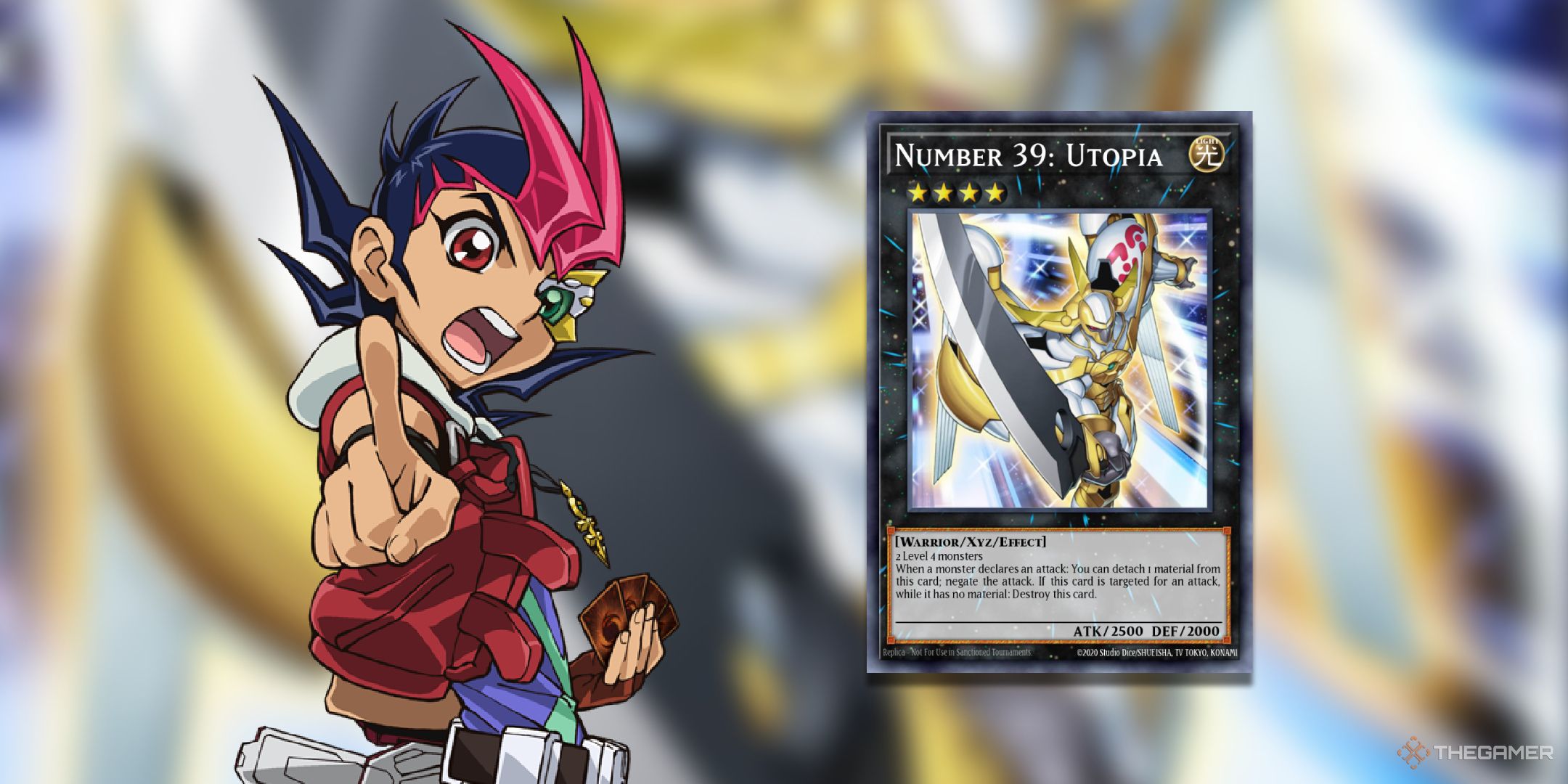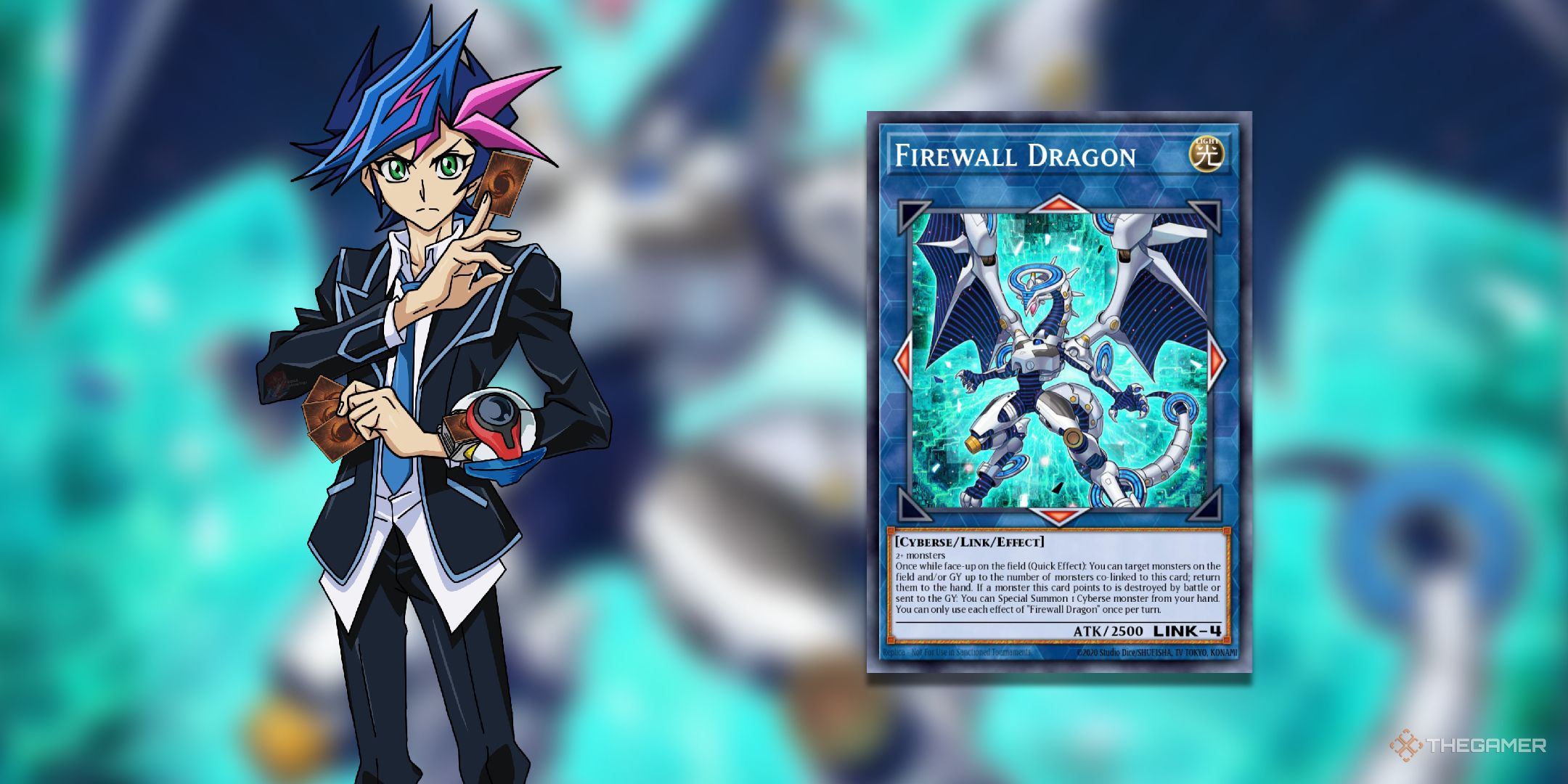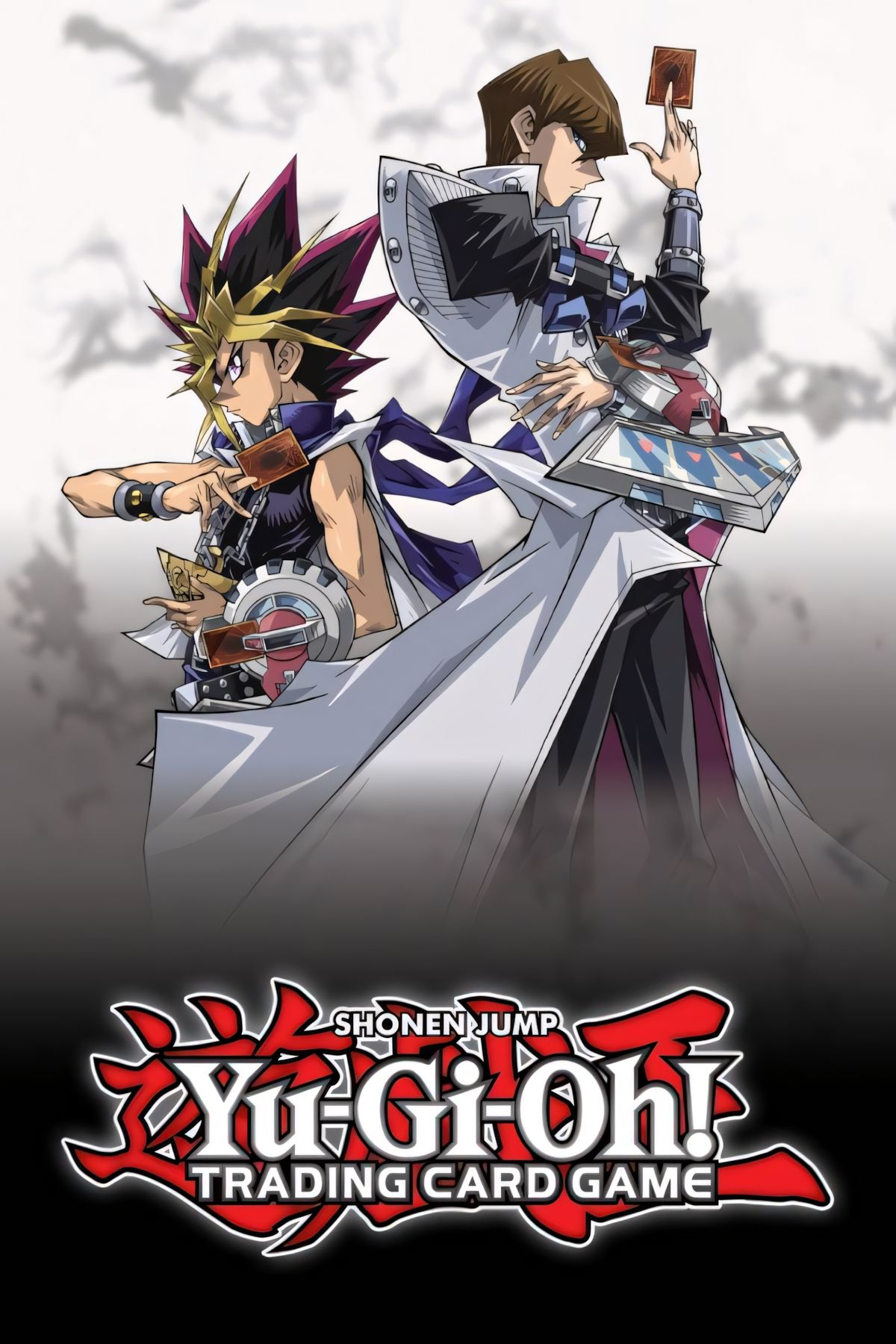Related
Summary
EveryYu-Gi-Oh!anime protagonist has their signature card.
This is a monster that becomes their go-to when the going gets tough.
In others, they are but one of many cards that need to be collected during the adventure.
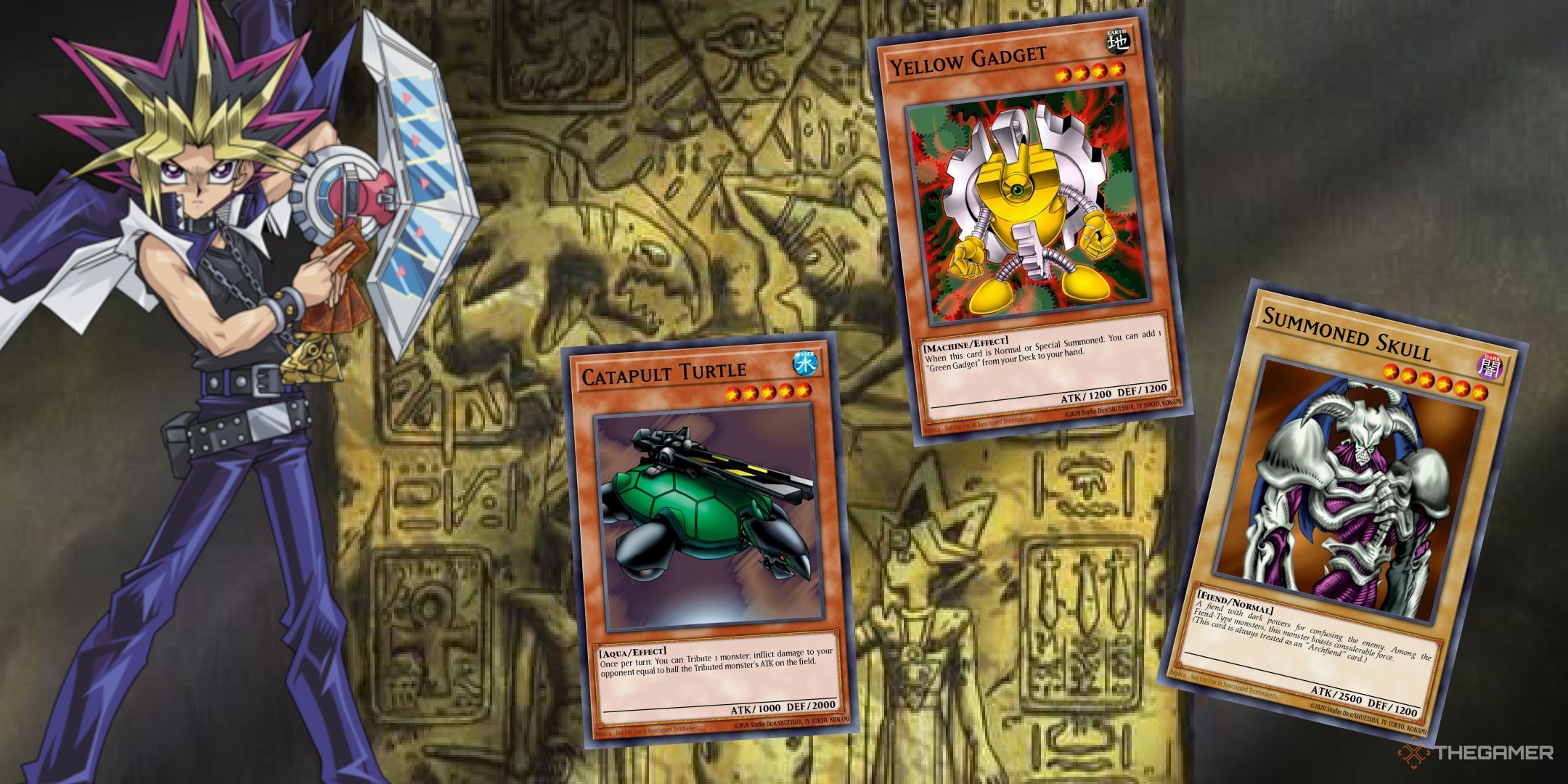
One of these was likely your very first Yu-Gi-Oh!
deck, but which of the original structure decks was the best?
When you stack every protagonists signature monster together, there can only be one true victor.
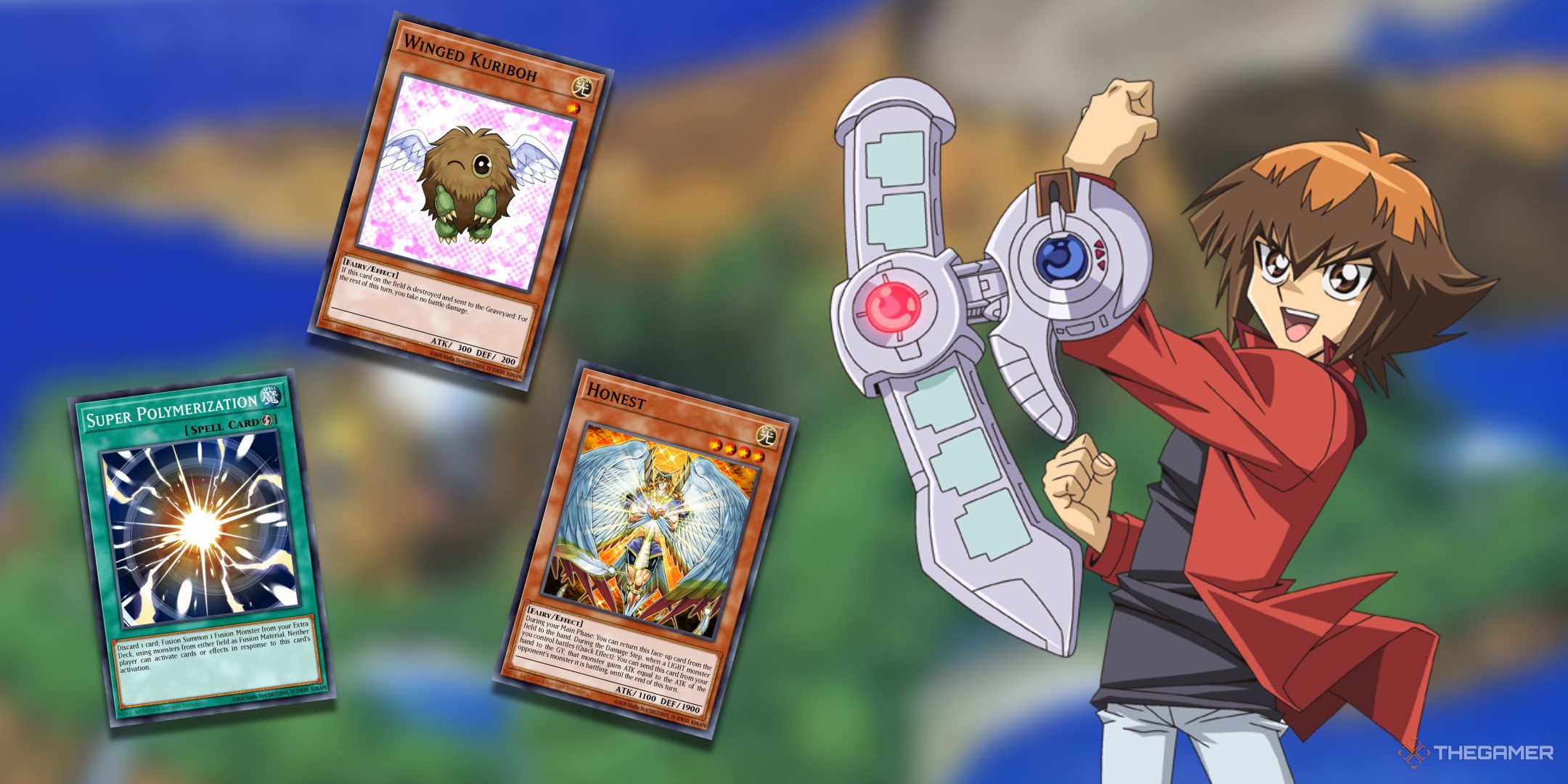
However, Yudai’s signature monster does have a printing and an archetype in Japan’s Yu-Gi-Oh!
As far as signature monsters go, Galactica Oblivion is a cool-looking monster.
It also has the benefit of being part of its own exclusive Galaxy jot down.
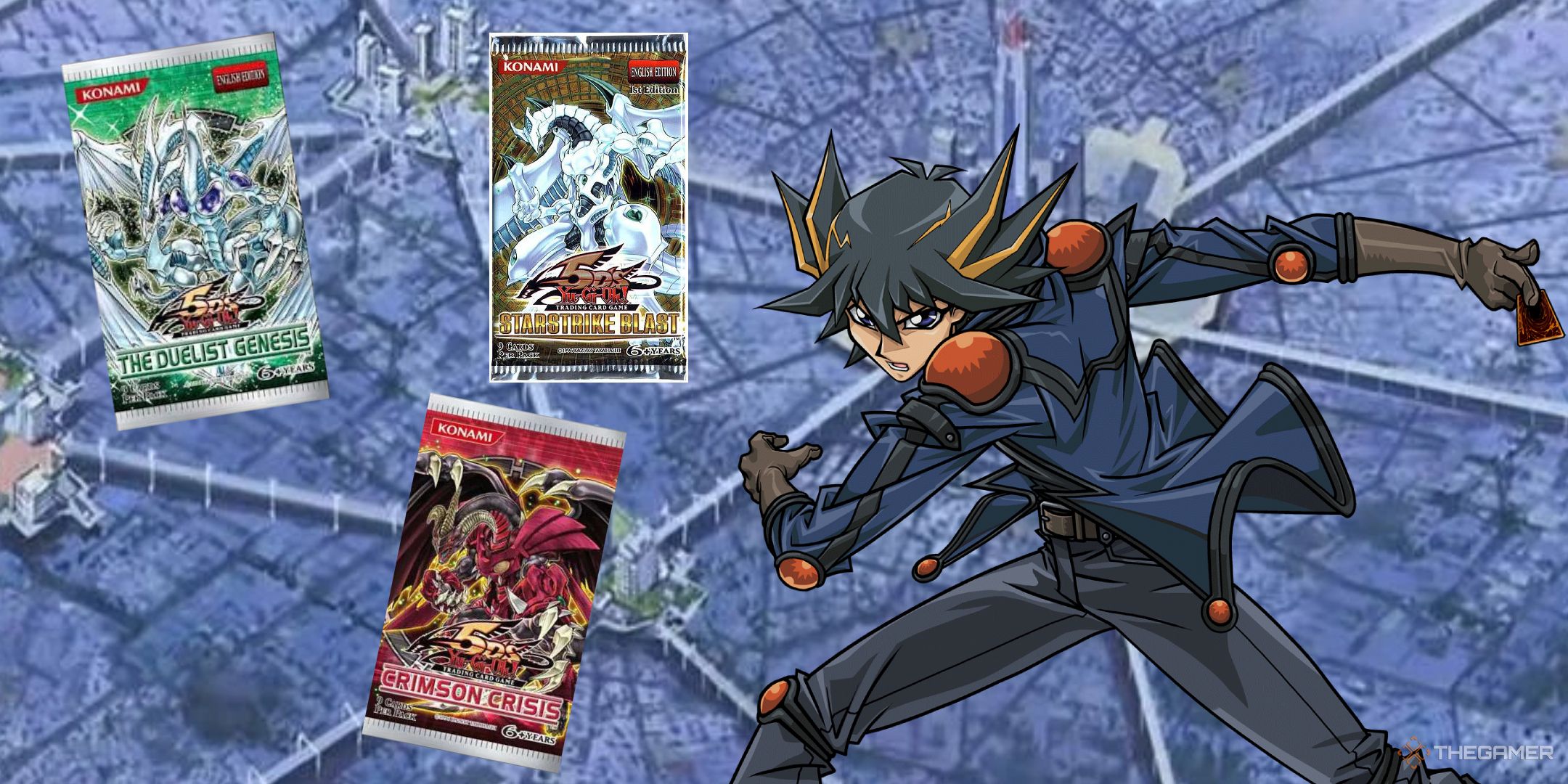
This makes Galactica Oblivion unique for what it is despite not having a counterpart in the TCG.
However, it fits perfectly with the pacing of Rush Duels.
Each one is powerful, but which one is the best?
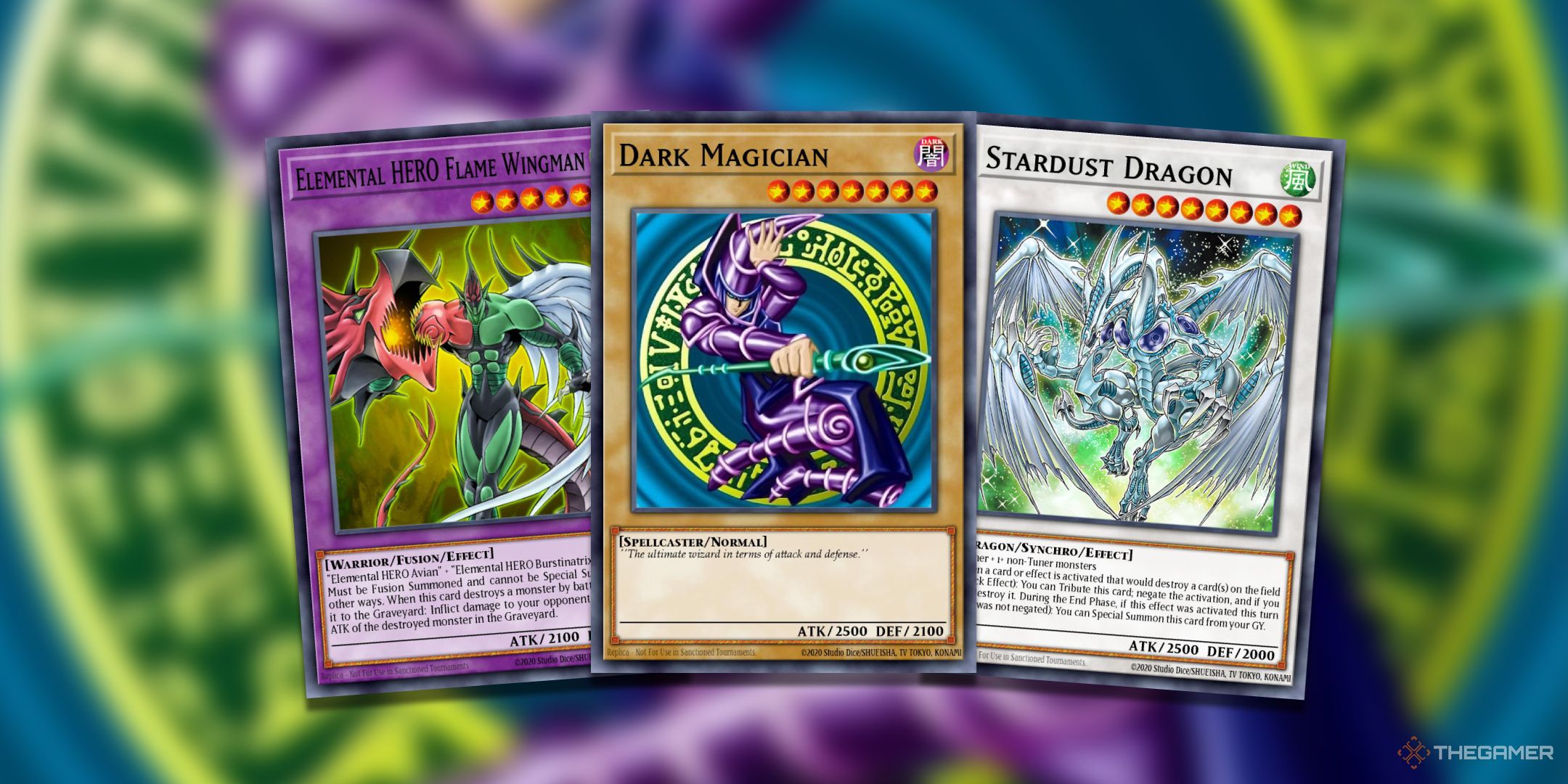
This can result in a pretty heavy beatstick with an easy graveyard set up.
In fact, this card is only really good if you’re running a deck that revolves around it.
On the bright side, The Dark Magician is still usable in the TCG.
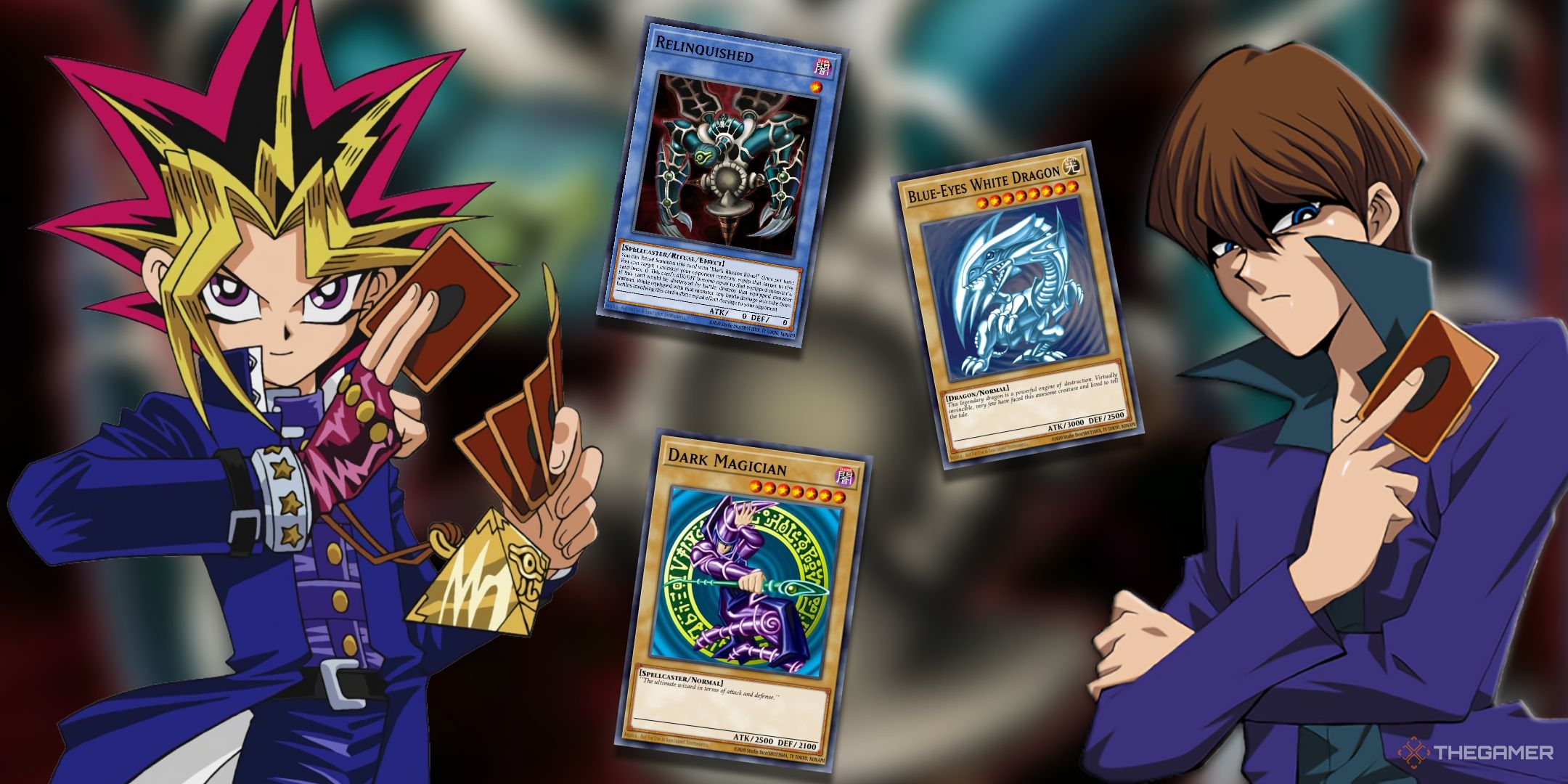
Thanks to the nostalgia factor, it even gets plenty of neat printings for collectors to chase after.
What it needs though, isthe Blue-Eyes treatment.
However, as it is, Elemental Hero Neos is the weaker of the two.
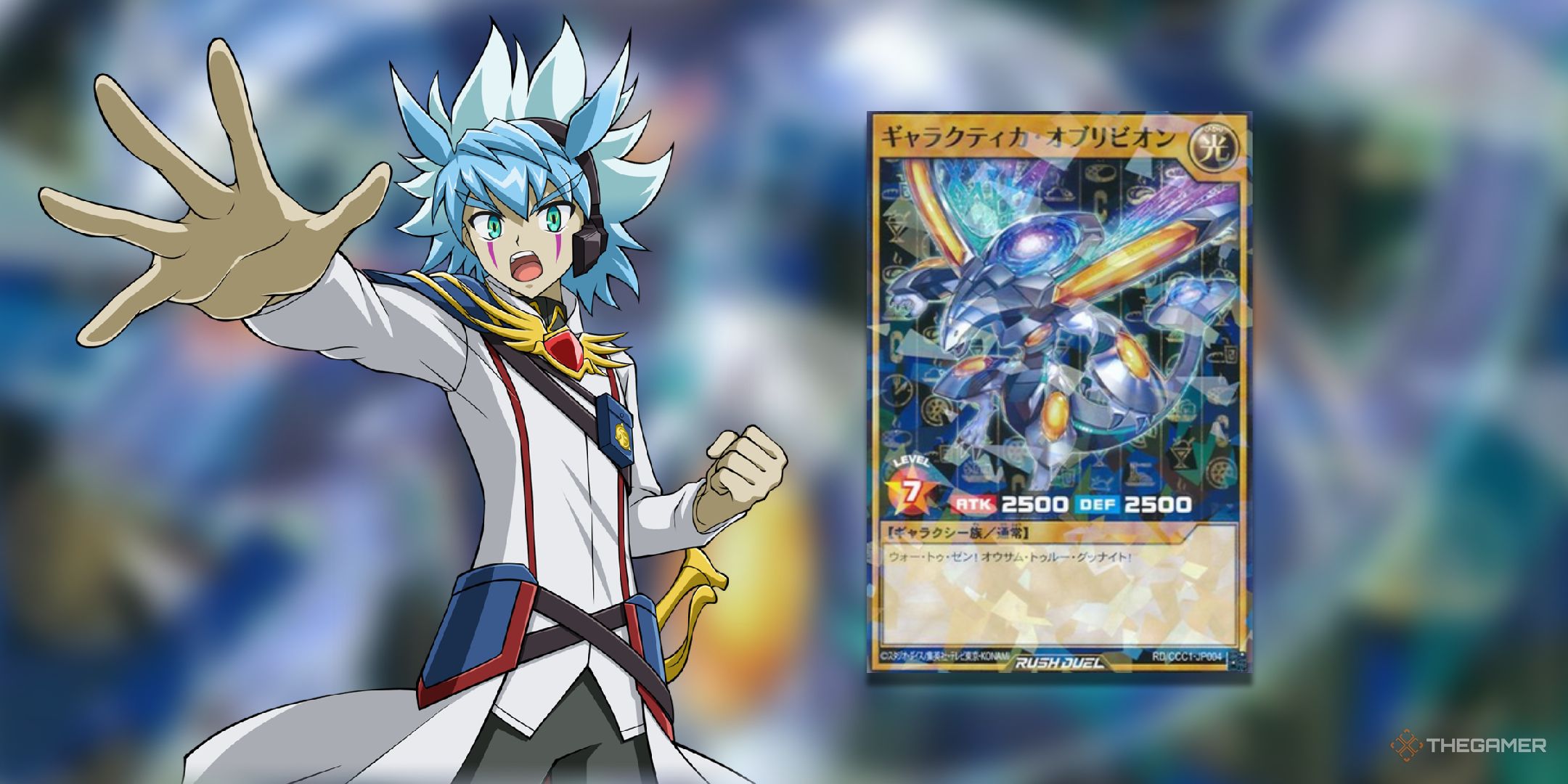
The archetype also doesn’t fare too well despite having plenty of fusions to go into.
Luckily, Elemental Hero Neos has a great backstory in the anime to make up for it.
Here are the best cards used by Yugi Muto in Yu-Gi-Oh!
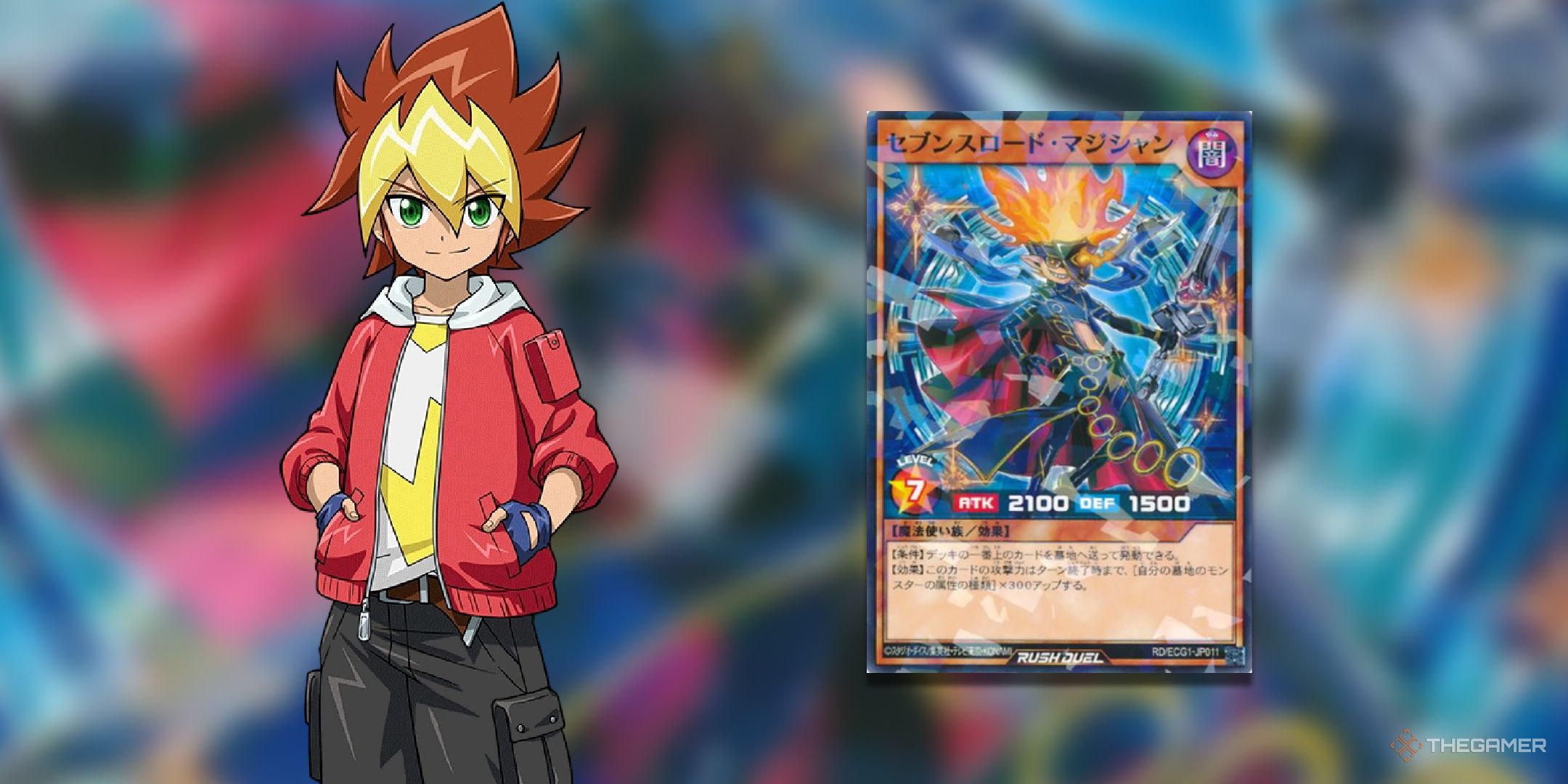
His drawings eventually became the card through cosmic energies and imbued with the duel spirit of the monster depicted.
This card appears in only a few episodes, but is labeled as Yugi’s ace in Duel Links.
However, destroying can trigger many different effects and most importantly, it cannot be Special Summoned.
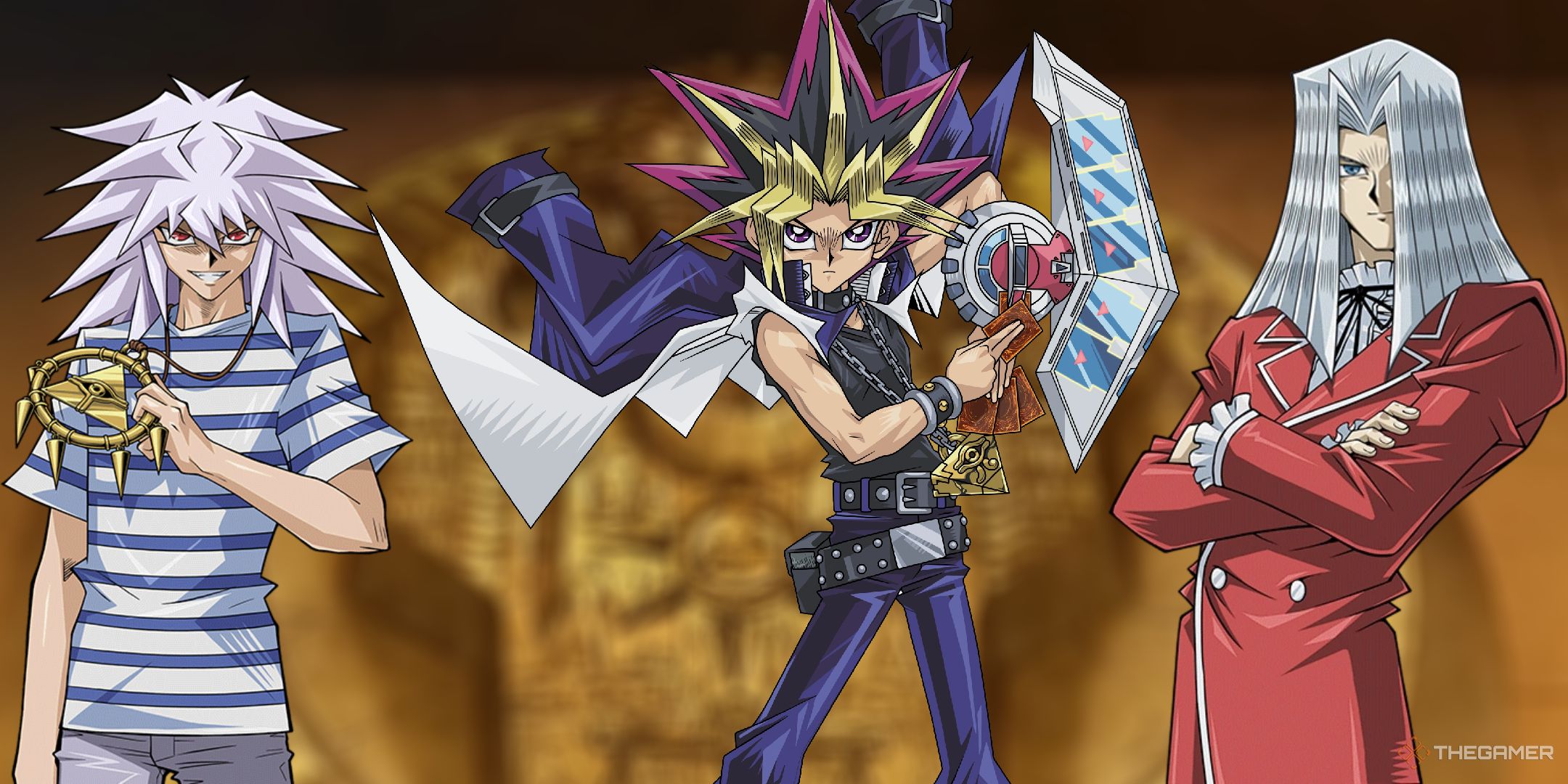
- This card is important enough thatit even got a retrainfor Yugi’s return in the movie, Yu-Gi-Oh!
Dark Side of Dimensions.
Here are Jaden Yuki’s best cards in Yu-Gi-Oh!
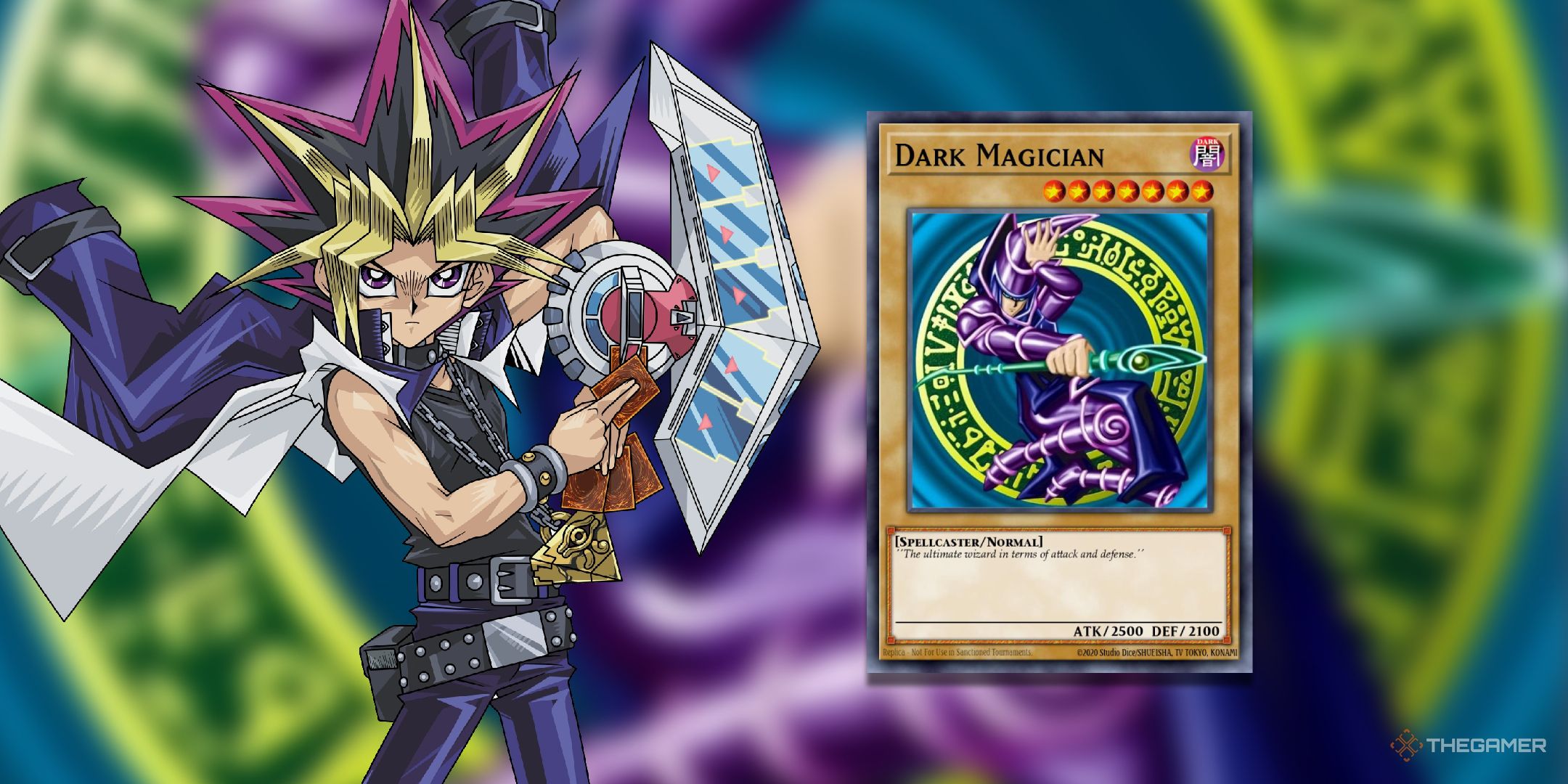
It is Jaden Yuki’s first signature monster and the best one at that.
The downside is that they are either too slow or dont do much to lock in the game.
With a pendulum scale of four, it isnt exactly the best choice to slap in the Pendulum Zone.
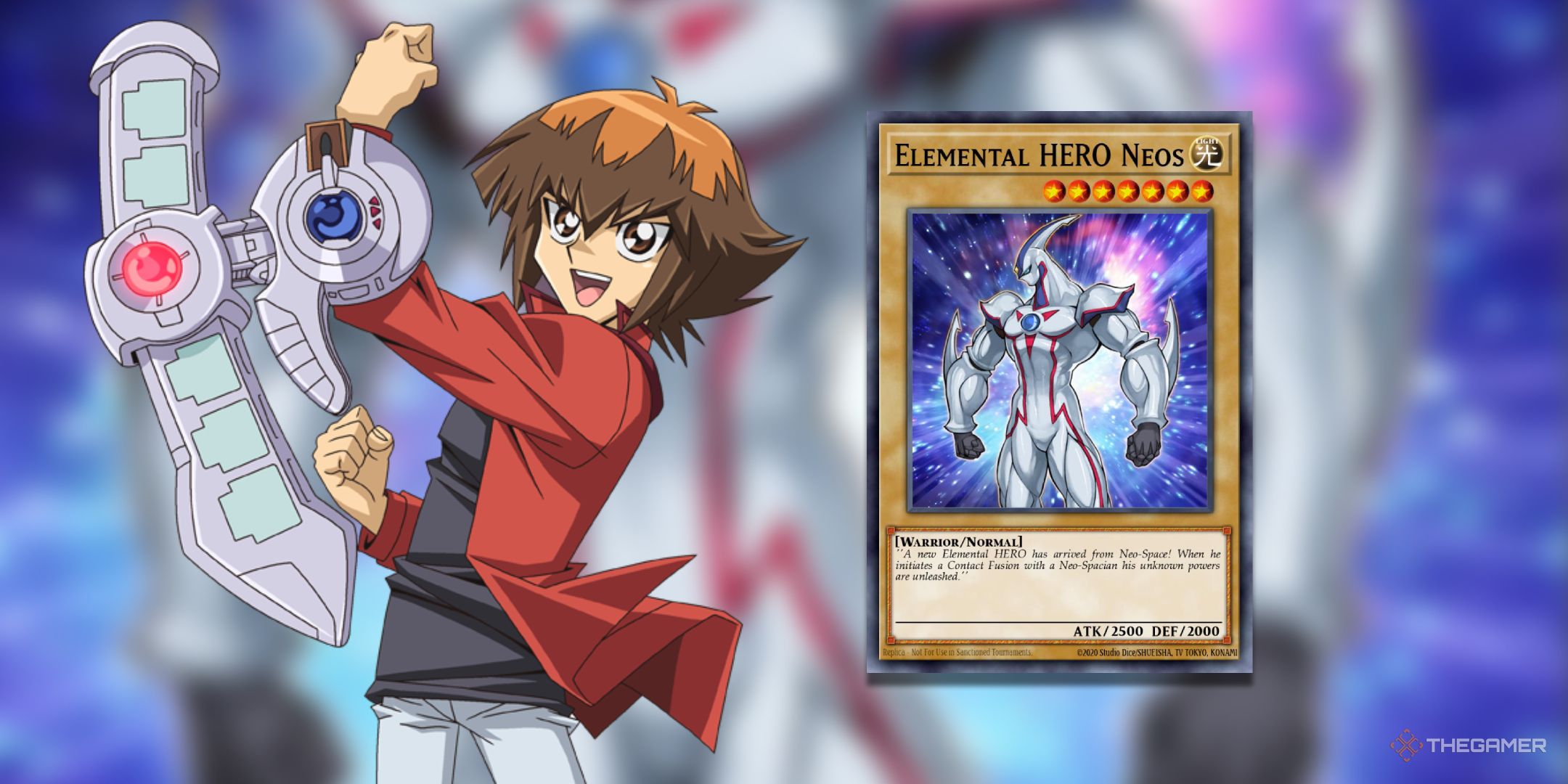
It can search out a card, but it happens during the End Phase.
Despite everything, Odd-Eyes Pendulum Dragon has a great design to pull it through.
It is also one ofthe best cards from the 5Ds eraof the game.
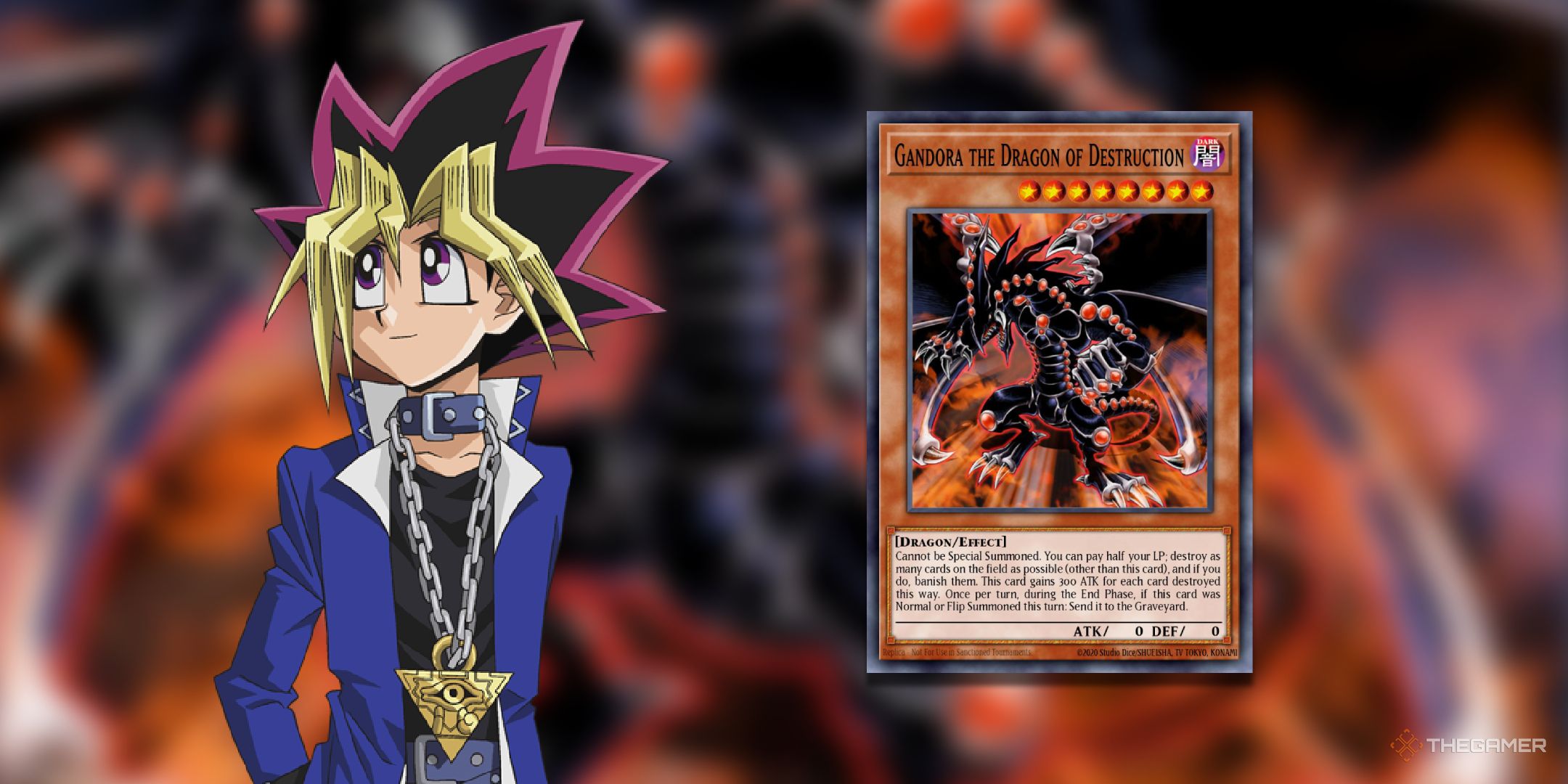
Here are the best sets from the 5Ds era In Yu-Gi-Oh!
Its materials are all generic as long as they are level fours.
Each time you detach one, you’re able to stop an attack from going through.
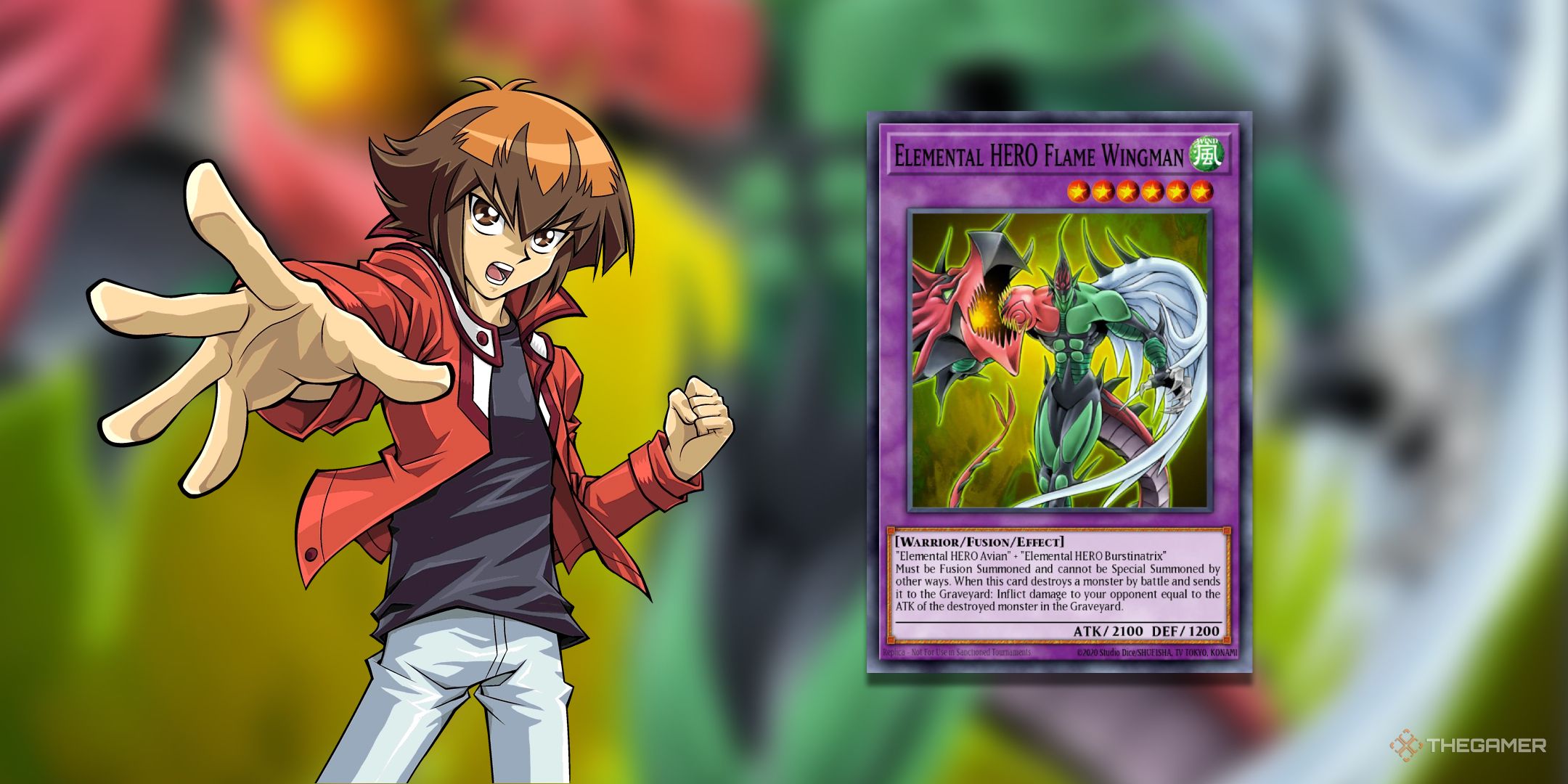
Interestingly enough, Utopia has an additional ruling that is exclusive to the anime.
This is where only number monsters can destroy other number monsters.
In fact, it was so powerful that it needed an errata to make it balanced.
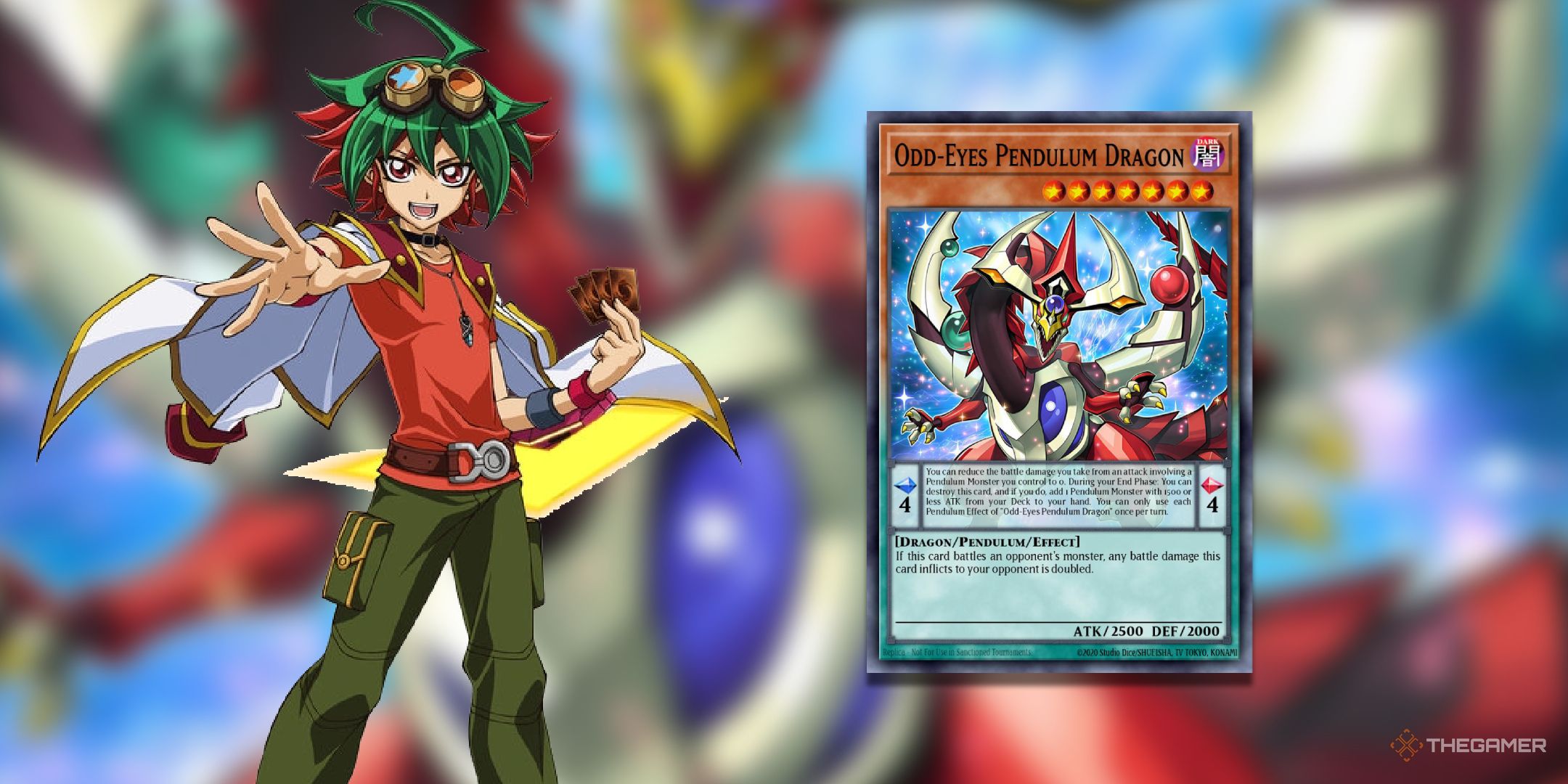
It introduced the concept of Link Arrows and the benefits of putting monsters wherever this card points to.
Whenever a monster dies in the appropriate spot, you could immediately Special Summon another one from your hand.
This got nerfed in later printings where the monsters you could bring out were limited to cyberse monsters.
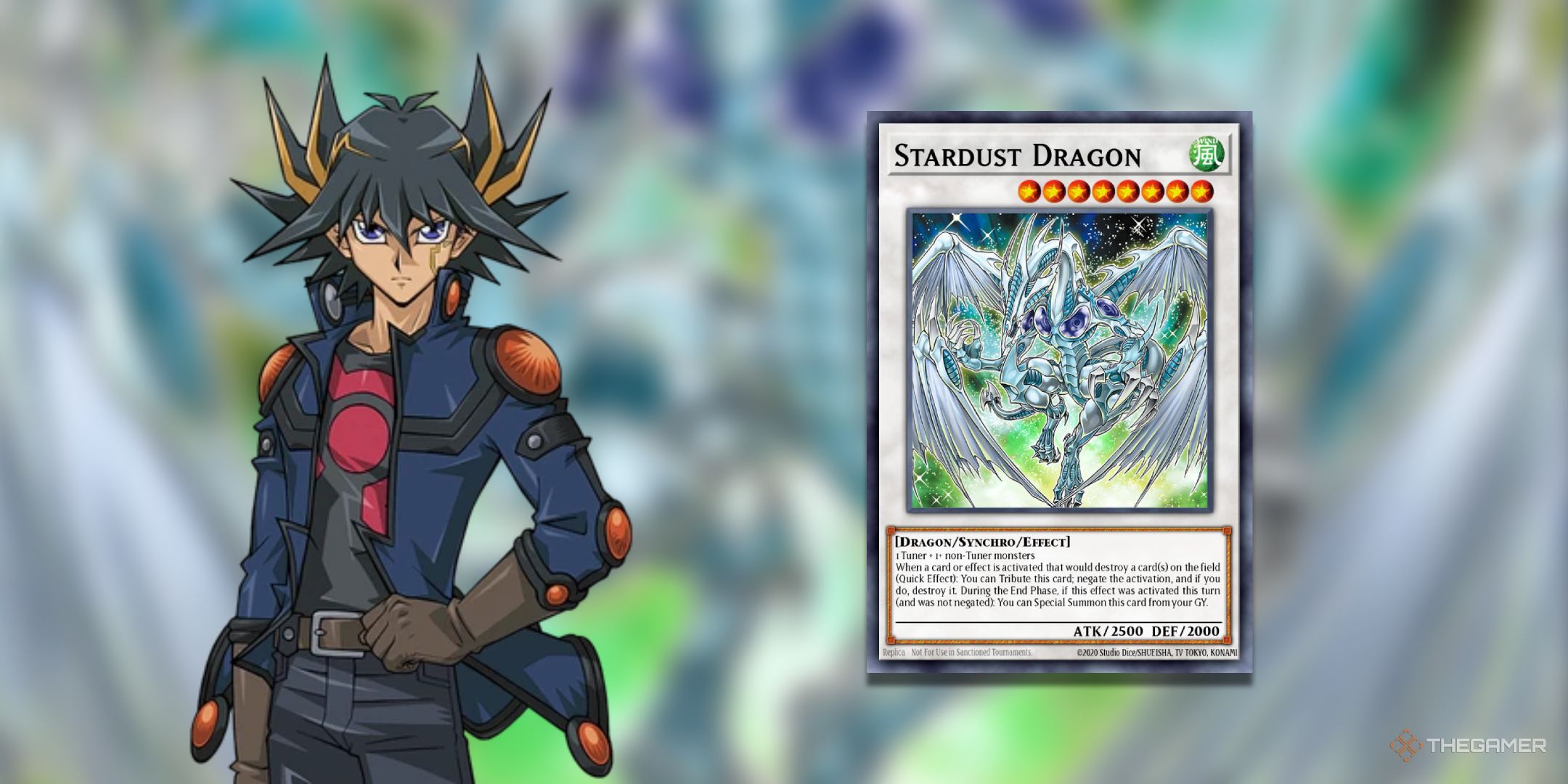
you’re free to only do it once per turn following the change.
